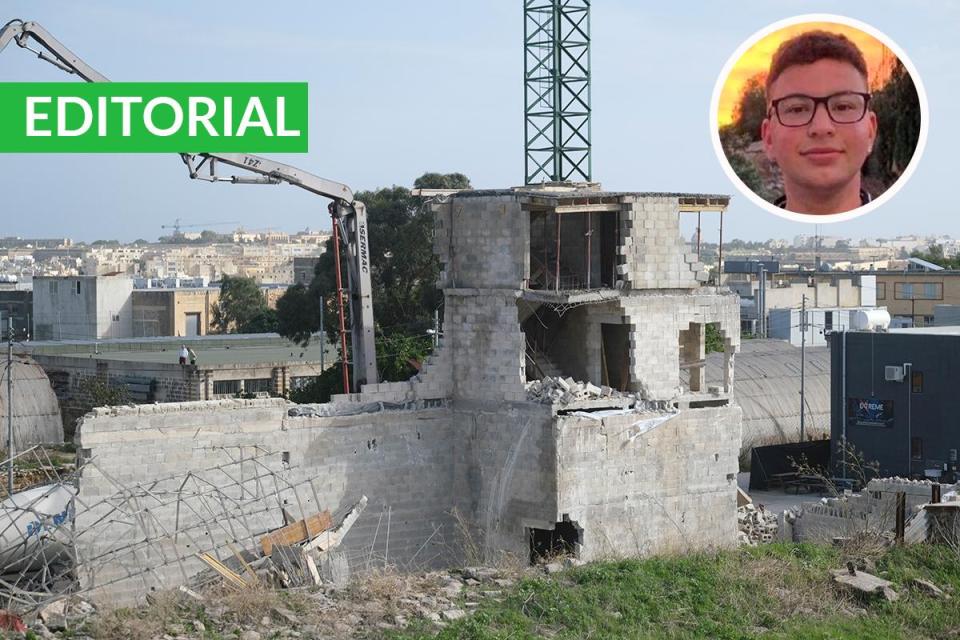Editorial: Requiem for political responsibility
The government was wrong to vote against a parliamentary motion that could perhaps have set in motion a process leading to a culture of resignations

Political responsibility has officially been declared dead and buried. The decision was made by edict of Prime Minister Robert Abela.
Shortly after receiving a copy of the Sofia public inquiry report, Abela declared: “I expect… responsibility to be shouldered.” So why did he order his parliamentary group to vote against a Nationalist Party motion seeking the resignation of three ministers?
The inquiry board noted that when “very serious shortcomings” occur, “somebody must suffer the consequences”.
It did not distinguish between political and administrative responsibility but, later in the report, the members made their thoughts clearer: “… all those burdened with a duty or responsibility, whether by law or otherwise, must shoulder the weight they accepted, unreservedly and without any restrictions, otherwise they should step aside.”
Then there is that much-quoted sentence: “Somebody must assume responsibility for these big mistakes. This must be the State, which failed to keep a close eye on messes at executive level…”
Still, Abela thinks – or, rather, would have us think because he certainly understands what the public inquiry is saying – that it is erring chairpersons and top executives that must carry the can. But even there he falters.
Needless to say, some of those who have assumed responsibility will likely be given another senior post in future. With this government, those who fail will eventually be given another iced bun. But that’s another matter.
Abela continues to dictate what should happen and not happen. He has put undue pressure on the judiciary – undue pressure is distinct from constructive criticism. He offers a commissioner for standards in public life who was doing his utmost to keep raising the bar an overseas posting.
He arrogantly refuses to apologise when the present standards commissioner finds him guilty of breaching ethics. He decides how long it takes for erring politicians to redeem themselves.
He refuses to order a public inquiry into a young man’s tragic death. And within days, does not mind ridiculing his parliamentary colleagues by throwing out the decision he forced them to make in parliament only so he can appear benevolent.
Now, he again forces them to vote against a motion that could perhaps have set in motion a process leading to a culture of resignations.
The PN motion called for the resignation of Silvio Schembri, Miriam Dalli and Stefan Zrinzo Azzopardi, who were politically responsible for entities singled out for criticism by the Sofia public inquiry.
Abela instructed the party whip to move a counter motion that eliminated all reference to political responsibility. He described the original motion as “populist” and “partisan”, adding the government is focused on implementing reform. His way of making reform, of course.
The people rightly expect those in positions of power – like the prime minister and his cabinet members – to act in the best interest of the country and its citizens. Still, some politicians, and Abela is certainly among them, only want to prioritise their own interests over the broader public good.
Political responsibility is all about the obligation of elected officials to be answerable for their actions and decisions.
All his actions, including this latest decision in parliament, indicate that Abela continues to think he is the State.
If that is so, when the Sofia public inquiry speaks of the State having failed to keep a close eye on messes at executive level it is a direct reference to him.
No wonder he feared the motion of no confidence in three of his ministers.